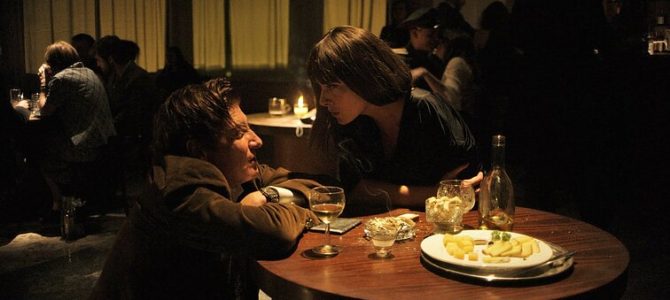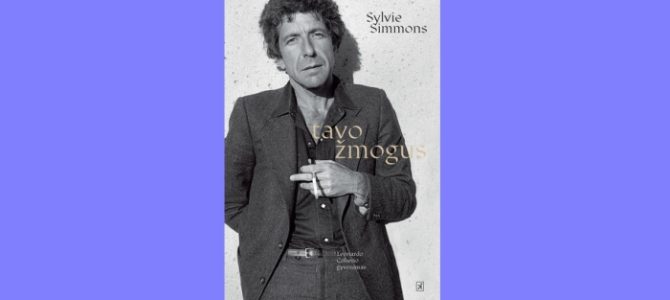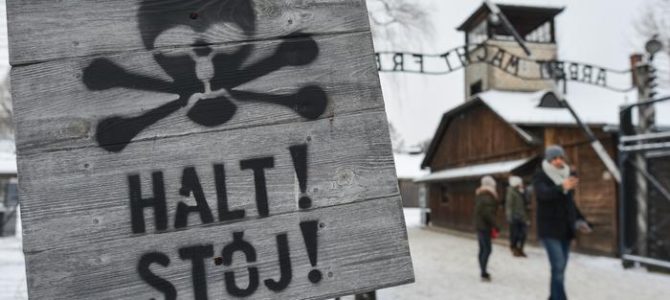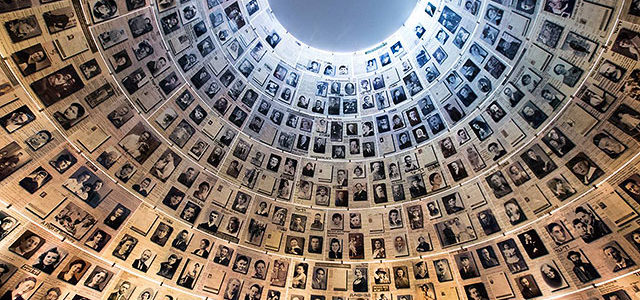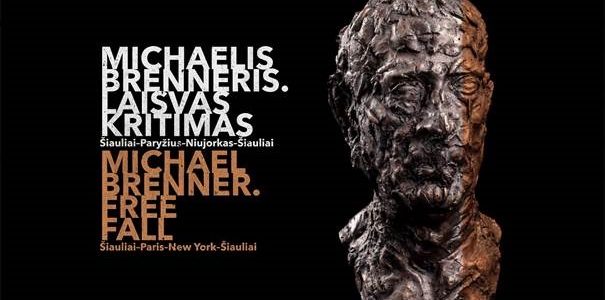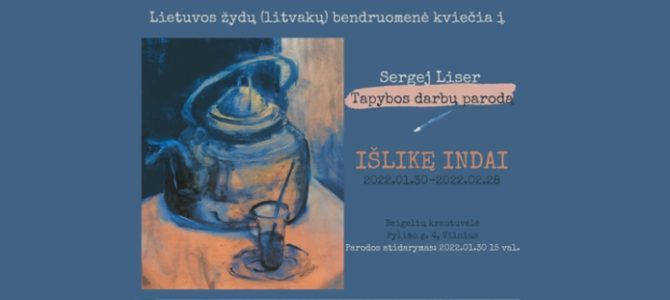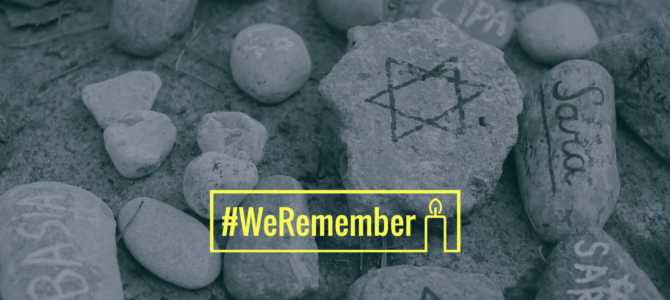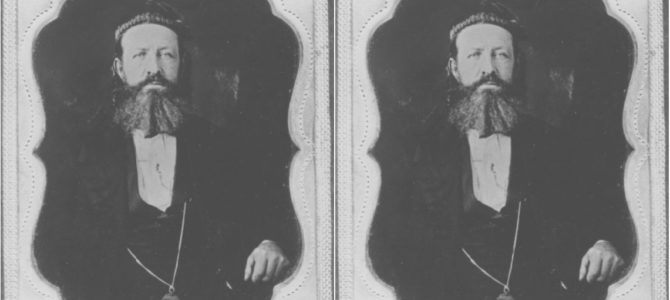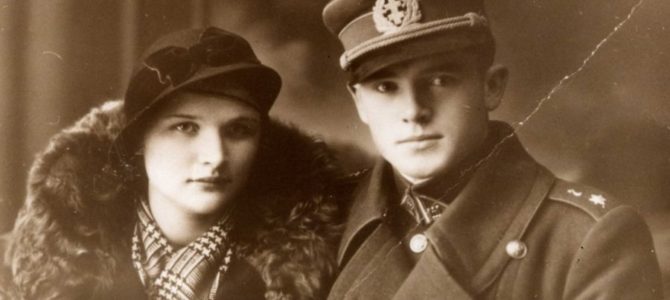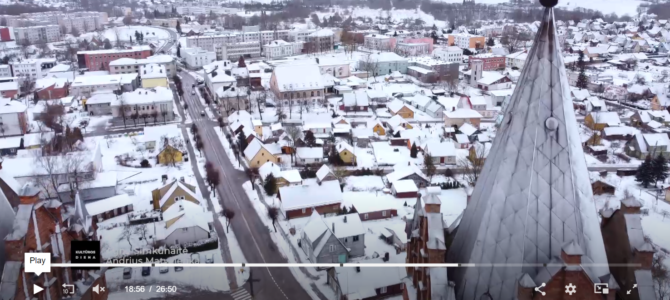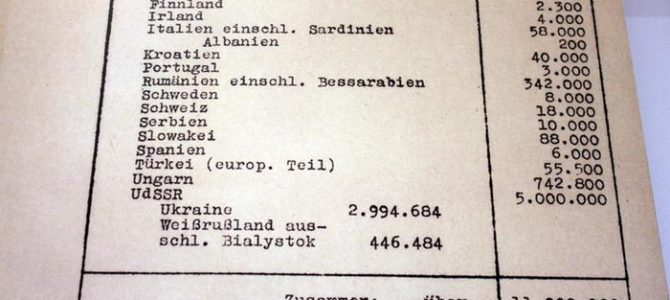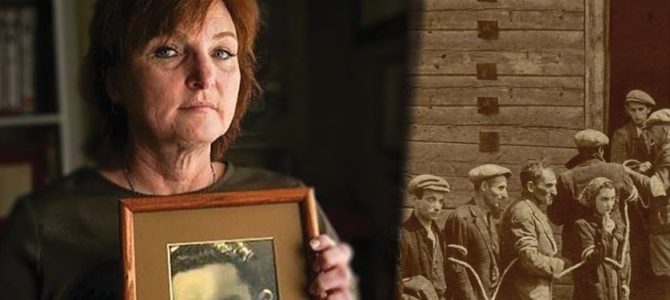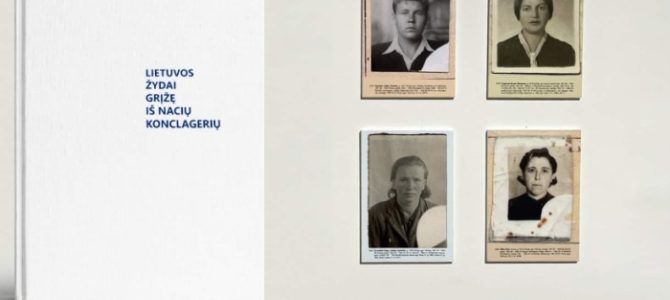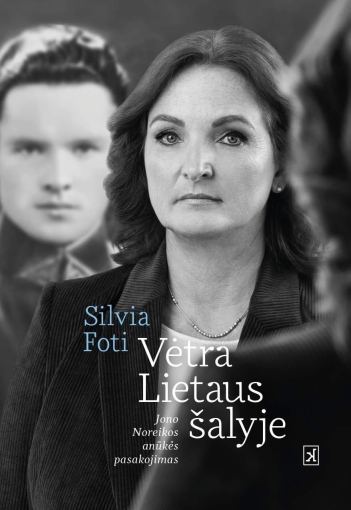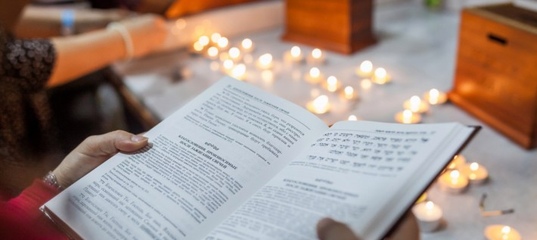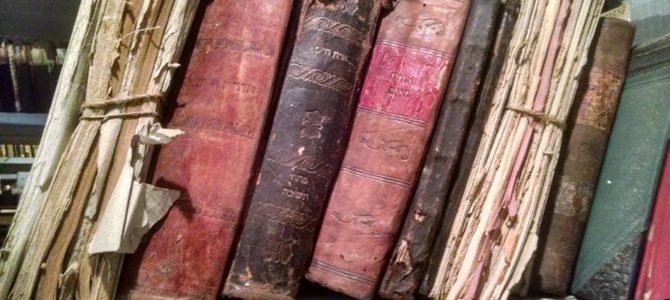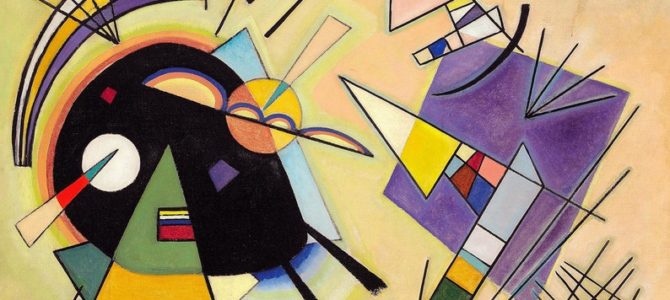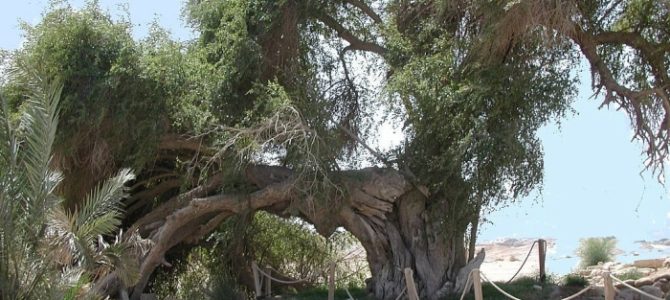Sylvie Simmons’s biography of Litvak musician Leonard Cohen “I’m Your Man” has been translated and published by Lithuanian publisher Kitos Knygos under the title “Tavo žmogus.”
The publisher’s website says:
Author and performer Leonard Cohen, who came from a family of Litvak religious authorities, holds a special place on the world’s musical stage. This book tells emotionally and with great insight the story of the person who created such unforgettable songs as “I’m Your Man,” “Hallelujah” and “Dance Me to the End of Time” along with so many other ballads which stick in one’s head. Chronicler of the world of music Sylvie Simmons examines Cohen’s remarkable life and tries to get to the bottom of the secret of his genius. This portrait of a musical icon will inspire readers of Frida Kahlo’s biography and Patti Smith’s memoirs.
Some excerpts from the book:
But Cohen had one advantage of which most of them were simply jealous: status. The family to which Leonard was born was remarkable and special, one of the most famous Jewish families in Montreal. Leonard’s forefathers in Canada built synagogues and established newspapers. They formed a whole series of Jewish welfare societies and associations. Leonard’s great-grandfather Lazarus Cohen was the first member of the family to arrive in Canada. In Lithuania, which in the 1840s when Lazarus was born was part of Russia, he taught at the Vilkaviškis yeshiva, known as the most severe and disciplined religious seminary in the country. At the age of 20 he left his wife with their baby and sought success elsewhere. After living in Scotland for a while, he sailed to Canada and settled in the small town of Maberly, Ontario, where he started out at a lumber warehouse and eventually founded the coal vending company L. Cohen and sons. His son was named Lyon, the father of Nathan. Lazarus invited his son and his wife to join him after two years. After some time the family moved to Montreal where Lazarus became the foreman at a bronze foundry and began a successful bulldozer business.
There were few Jews in Canada when Lazarus Cohen arrived in 1860. There were fewer than 500 Jews living in Montreal in the mid-19th century. By the mid-1880s when Lazarus became the elder of the Shaar haShomayim synagogue there were 5,000. …
Besides constructing synagogues, Lazarus also established and led many organizations to help new Jewish settlers and future immigrants, and also as the authorized agent of the Montreal Jewish Colonization Society he travelled to Palestine. … Lazarus’s youngest brother Tzvi Hirsch Cohen who also soon arrived in Canada later became the chief rabbi of Montreal.
When Lyon Cohen took over as elder from his father at the Shaar haShomayim synagogue in 1914, most of the Jews of Montreal belonged to the synagogue, now numbering about 40.000.
…
[Leonard Cohen’s mother] Masha always sang at home, more often in Russian and Yiddish than English, happy popular songs learned in childhood. Responding in good contralto to an imaginary violin, Masha went from joy to mourning and then back again. Leonard characterized his mother as Chekhovian. “She laughed and cried very deeply,” Leonard said, “one feeling quickly replacing another.” Masha Cohen was not a nostalgic woman and told little of the lost world left behind, although she did preserve her past in songs.
Masha’s father, the rabbi Solomon Klonitzki-Kline, was a famous religious sage. He headed a Talmudic studies school in Kaunas just barely 80 kilometers away from the place Lazarus was born. He also wrote, and two of his books–a dictionary of Hebrew homonyms and an encyclopedia of Talmud interpretation–earned him the title of Sar haDikdook (grand duke of grammarians). Life in Lithuania became intolerable due to the persecution of Jews, so he moved to the USA where one of his daughters already lived, married to an American. Masha left for Canada and became a nurse. When Masha’s work permit expired her father asked his American son-in-law for help, who directed him to Lyon Cohen’s refugees committee. The rabbi formed a friendship with Lyon, and Masha met Nathan as well, and got married.
In his childhood Cohen heard more about rather than saw much of his grandfather Kline because the rabbi lived almost the entire time in the USA. Masha used to tell Leonard how people would travel hundreds of miles to hear his grandfather. She said his grandfather was also famous as an equestrian, which especially thrilled Leonard.
More information in Lithuanian available here.



















